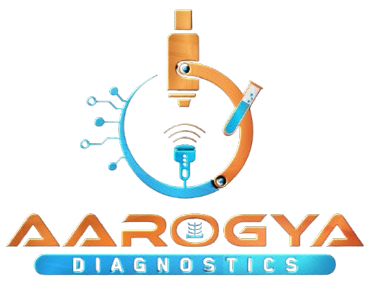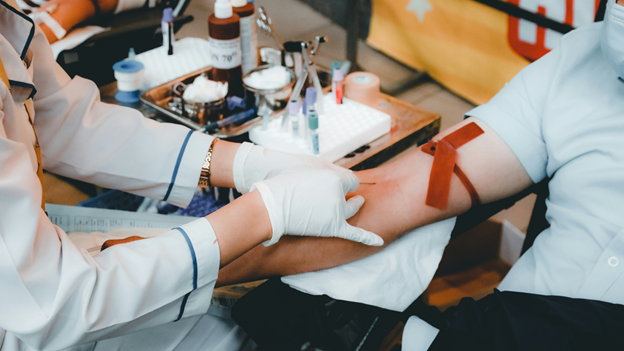Understanding Clotting Panel Tests
The clotting panel test is a type of blood clotting test that determines how well your blood clots. This test is essential as it helps detect disorders that affect blood clotting mechanisms, which can lead to excessive bleeding or clotting.
Simplified, this test includes: – PT (Prothrombin Time): Measures how long it takes for blood to clot. – APTT (Activated Partial Thromboplastin Time): Assesses other clotting factors, different from PT. – INR (International Normalized Ratio): Standardizes PT results, especially for those on blood-thinning medications.
In India, awareness of these tests is growing. People are learning about their importance and how these tests contribute to better healthcare. Changing attitudes reflect a broader acceptance and understanding of how science aids our well-being.
The Importance of Clotting Panel Tests
Clotting panel tests provide a window into your blood’s clotting ability, which is crucial for creating personalized treatment plans. Imagine a scenario where a patient in India undergoes this test, which reveals a tendency toward clotting. With this information, doctors adapt the treatment to the patient’s unique needs, ensuring optimal care.
Consider illnesses like thrombosis, where blood clots form inside blood vessels, or hemophilia, characterized by excessive bleeding. Early detection through clotting panel tests can be life-saving. By identifying potential issues in advance, the risk of severe complications decreases significantly.
Statistics show that early diagnosis contributes to better outcomes. Patients who undergo timely blood clotting tests experience fewer complications and better health management. This proactive approach fosters safer medical procedures and improved quality of life. As healthcare continues to advance, these tests stand as a testament to the power of preventive care.
Clotting Panel in Pre-Surgical Assessment
Before undergoing surgery, clotting panel tests are crucial. They ensure your blood clots correctly, helping prevent excessive bleeding during the procedure. For example, imagine a patient scheduled for a common surgery, like gallbladder removal. A blood clotting test reveals they’re prone to bleeding. By understanding this in advance, doctors can take measures to manage the risk, ensuring the surgery proceeds smoothly.
In India, surgeries like orthopedic procedures, heart surgeries, and even routine dental work often incorporate clotting tests. They showcase how vital it is to assess a person’s blood clotting ability, making surgery safer and more effective. These tests form a safety net, preventing complications that could arise from unexpected bleeding.
Steps in Getting a Clotting Panel Test
To get a clotting panel test, start by consulting your healthcare provider. They’ll determine if you need the test based on your medical history or any upcoming surgeries.
Here’s how the procedure usually unfolds: 1. A small sample of your blood is taken at a clinic or hospital. 2. The sample is then analyzed in a laboratory. 3. Results are typically available within a day or two, providing insights into your blood’s clotting function.
These tests are widely available across India, accessible in both urban and rural areas. However, it’s always best to ensure availability at your local healthcare facility.
Addressing Concerns and Misconceptions
Many people in India worry about the blood clotting test regarding cost or pain. The truth is, the test is generally affordable and involves minimal discomfort, similar to a routine blood draw.
Some folks think these tests aren’t necessary unless a problem arises, but early testing provides a glimpse into your health, helping prevent potential issues. Dispelling these myths enhances understanding and acceptance of the test.
Conclusion
In conclusion, clotting panel tests are invaluable tools in today’s healthcare. They serve not just as diagnostics but as preventive measures, potentially saving lives by identifying blood clotting issues early on. Engaging with healthcare providers about these tests can be a crucial step toward safeguarding your health. Take proactive steps in understanding your health better and embrace preventive measures for a healthier life.

